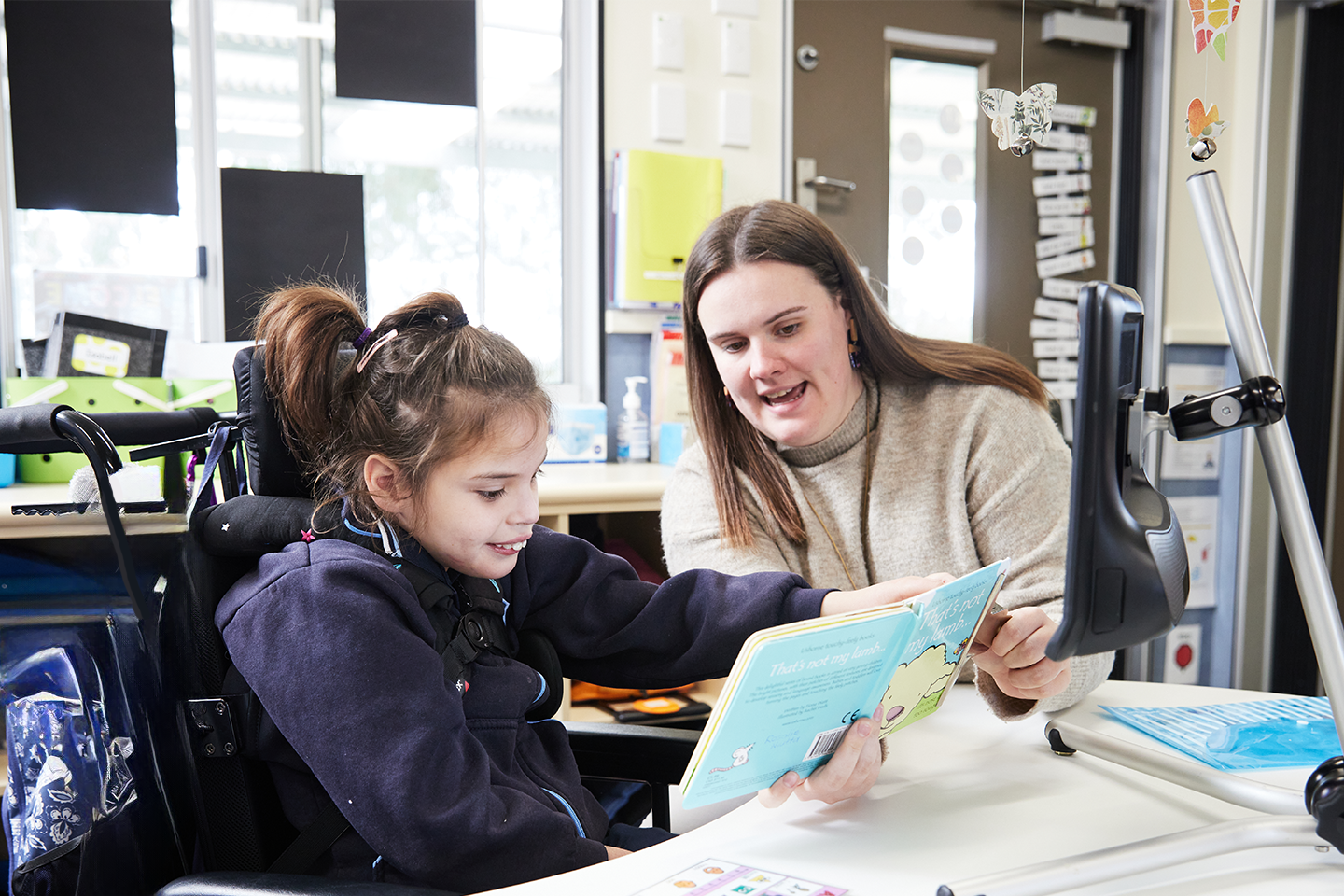
$14 million boost to support students with disabilities
A multi-million-dollar boost to Special Options infrastructure at South Australian public schools is being delivered to support students with disabilities.
A commitment of $3.5 million a year over four years has been made to establish new Special Options – both specialist classes and disability units – at schools to better meet student demand and ensure all South Australians can enrol in their local school.
The announcement, in the wake of the Disability Royal Commission, will continue to reduce inequity across the public education system, ensuring students have access to suitable supports, resources and infrastructure to support their education.
Additionally, the Department for Education is trialling statewide improvements to support Year 6 students who have disabilities in their transition to high school - a process which can cause stress for some families due to the timing of finding out Special Options class availability.
The new approach will align the processes and timing with the enrolment process for mainstream students, improving communication and increasing the involvement of students, parents and schools.
Improvement in data collection will also help determine forecasting to ensure children can attend their local school.
The number of students in special classes has been steadily increasing and, while 52 new Special Options classes have been created since July 2022, no specific budget has previously existed to support medium or long-term planning. This includes planning for the buildings, toilets, or other extensive works necessary for a school to be able to provide a special class.
Additionally, areas such as northern Adelaide have experienced significant population growth over a number of years which has seen demand outstrip available places.
The specific funding allocation will assist the department to assess future expected enrolments and work with sites to plan for infrastructure where it is needed most.
Trinity Gardens School Principal Brenton Conradi said, Here at Trinity Gardens, we have a very broad inclusive education policy that fosters support for children at all ages and stages of their learning journey.
“We have four classes of 32 children in St Morris, our disability unit, which has doubled in size over the past five years”.
“More broadly our focus is on building connections across our 800 students, and with their families through our early learning centre, child parent centre, inclusive OSHC and other programs”.
“I am passionate about our students and, together with our staff, we work to ensure all local families can access inclusive options for their child”, Mr Conradi said.
This year, additional options have been developed for students in both Naracoorte and Victor Harbor to meet specific needs.
In the south east, funding has been provided for staff for two special options classes – one at Naracoorte South Primary School and one at Naracoorte Primary School – both having up to 8 students, with the department to reassess the long-term viability of the classes and the ongoing need in the region in term 2 of 2027.
Meanwhile at Victor Harbor Primary School, a site which already had a disability unit, a special class has been established providing 8 spaces for Junior Primary students with disability from the local area.
Special Options assessment is primarily split into three groups based on the child’s year level – entering Junior Primary, entering Primary or entering Secondary School.
Any child that is eligible for a Special Option but attends a mainstream school, either due to the choice of their parent or guardian, or due to a shortage of place, is allocated an automatic level of Inclusive Education Support Program (IESP) funding to enable personalised learning and supports.
Read more about the department's Student health and disability support.


